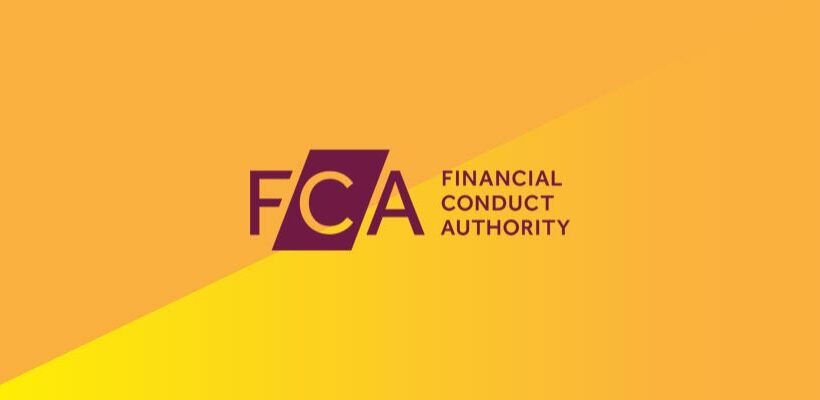The crypto ban introduced by the Financial Conduct Authority (FCA) in October 2020 comes into effect on 6 January 2021. The UK’s financial regulatory authority prohibited sales, marketing and distribution of crypto-based investment products to retail consumers.
The UK ban, which comes into effect today, prohibits exchange-traded notes (ETNs) that reference certain types of crypto-assets to retail consumers. The FCA mentioned that retail investors will save around $70 million after the recent ban on illegal crypto products.
The crypto community reacted strongly against the ban and argued that the recent initiative by the FCA will be destructive for the cryptocurrency market in the country as investors will shift to offshore crypto exchanges, beyond the reach of the financial regulator.
Commenting on the ban, Jason Brown, Director of Business Development at Komodo, said: “When the ban was passed by the UK government in October, there was no coordination with officials in the US, EU or any other regions around the world. What the blockchain industry needs the most is consistent regulations across jurisdictions. Retail investors generally should be able to have access to the same opportunities as institutions. Crypto investors should have the educational resources to know that this market is volatile and has risks, but they should also be empowered to make their own financial decisions. The UK FCA ban is a blow to blockchain adoption.”
Brokers Stopped Crypto Offerings
Following the ban announcement, serval brokers stopped offering crypto CFDs to retail investors in the UK. Finance Magnates earlier reported about FXOpen’s announcement to stop offering cryptocurrency CFDs to comply with the FCA requirements. Regulatory authorities worldwide have accelerated efforts to draft and clear regulatory framework for cryptocurrencies. The US recently announced a proposed crypto KYC regulation which states that digital exchanges must verify the identity of users executing crypto transactions worth $3,000 or more.
“There’s still a lot that can be done before the regulation is final. At the EU level, the legislative process involves the Parliament, the Commission (executive body), and the Council that represents member states. Education and political messages should be sent to all of them,” Simon Porlot, President of ADAN said.
Source: Read Full Article
